Foods That Make You Poop: 23 Natural Remedies For Faster Relief
Ease your bowels with apples, apricot, Brussel sprouts, chia seeds, grapes, and more.

Image: Shutterstock
Constipation affects about 20% of the population (1). It can be caused by many factors, such as not eating enough fiber, not exercising, and drinking less water (2).
Another study revealed that about half of surveyed adults in the U.S., or 47.8%, were on constipation medications. Out of which 93.5% used over-the-counter medications, followed by individuals taking prescription medicine which is 1.3%. And around 5.2% of the surveyed participants used both prescribed medication and over-the-counter treatments to treat constipation effectively.
In such cases, you must identify the foods that make you poop. Their benefits are important in the long run, and you never know when this information will come in handy. Inactivity, low fiber diets, or even aging can make pooping difficult. Although some laxativesi Substances or agents that loosen the stool by adding bulk and increase the frequency of bowel movements, thereby relieving temporary constipation. , stool softeners, and fiber supplements can help, the best remedies could be certain foods that promote bowel movement. These natural foods include a range of fruits, cereals, and vegetables. Find out what foods help relieve constipation in this article. Keep reading!
In This Article
What’s The Science Behind Poop?
Before we get to the list of foods, it is important we understand the science behind why we do what we do.
It makes sense – doesn’t it? For those who eat, there also must be a system that removes the leftovers post the digestion process. A bowel movement is a major way our body discards the waste. It compacts the leftovers into a mass (what we call feces or stool) and passes it through the rectum and anus (3). Our bowel movement is an indicator of our general health.
You might have seven to ten bowel movements in a week, or you might have two in a day. The patterns and frequency might change, but as far as everything else stays the same, this is a sign of good health.

Before we get ahead, we have something interesting to share. You probably are not pooping the right way. Eh? The following image will tell you why.
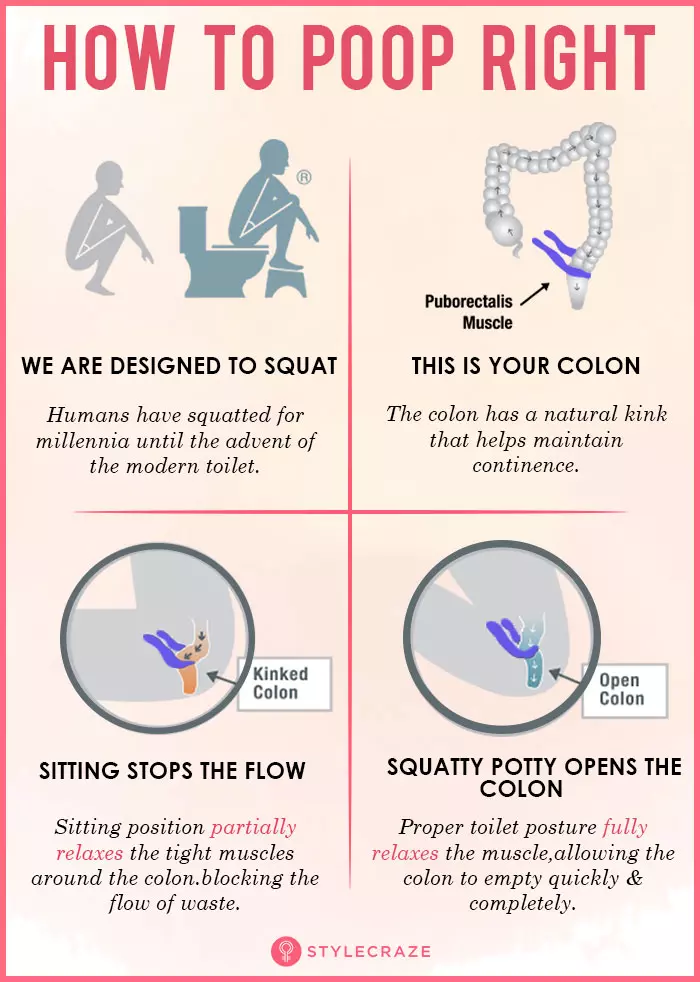
We are done with the positioning, which is one part of the equation. The other part is the intake.
Key Takeaways
- Around 20% of the population suffers from constipation and the common reasons are inactivity, low-fiber diets, or even aging.
- The squatting position fully relaxes the muscles and helps empty the colon easier and faster.
- Fluids like warm beverages, coconut water, and lemon water help in digestion and relieve constipation.
- Include kiwi, apples, oatmeal, and corn in your diet, as they all help in digestion.
What Are The Foods That Make You Poop?
Blanca Garcia, RDN, says, “High-fiber diets, consisting of fruits, vegetables, and whole grain products, have always been the game-changer – with regular exercise and enough fluid intake. Fruits that help best with constipation are apples, kiwis, prunes, pears, figs, sweet potatoes, and the list goes on.” It’s crucial to be aware of foods that cause constipation and those that can help alleviate it.
Some of the top foods that make you poop include:
- Apples
- Hot beverages
- Apricots
- Blueberries
- Brussels sprouts
- Chia seeds
- Grapes
- Grapefruit
Do blueberries make you poop? How do grapes make you poop? Wondering how all these fruits help you relieve constipation? Scroll down to know more.
1. Apples
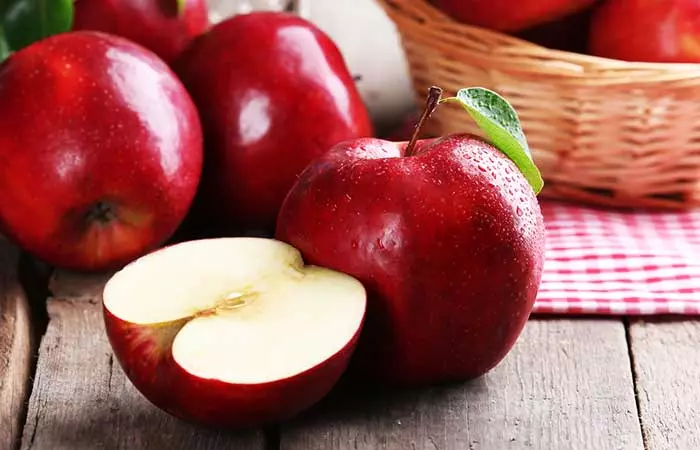
Apples are rich in fiber, which passes through your intestines undigested and promotes regular bowel movements (4). Apples also contain a soluble fiber called pectin, which has laxative effects. Pectin reduces the colon transit time, assists in reducing constipation, and improves digestive health as well (5). You can add sliced apples to oatmeal, or yogurt, or blend them into a smoothie. You may also pair them with nut butter for a satisfying snack.
Even apple cider vinegar is considered a good cure for constipation. Though there is no scientific research yet, certain sources claim that it acts as a laxative.
 Quick Tip
Quick Tip2. Hot Beverages
Dehydration is a common cause of constipation (2). Hot beverages help keep the body hydrated, essential for maintaining regular bowel movements. Hot liquids like tea and coffee may help stimulate the bowels and ease constipation. As per studies, warm water can have favorable effects on intestinal movements (7). You can sip warm beverages like herbal teas, hot lemon water, and ginger tea to stay warm and hydrated.
3. Apricots
Apricots are rich in dietary fiber that helps bulk up stool and promotes regular bowel movements (8), (9). Apricots, especially Japanese apricots, were found to increase defecation frequency and contraction of the colon.
These effects were observed in trials conducted on animals (10).
You can enjoy apricots as a snack, chop them into salads, or add them to oatmeal for natural sweetness.
4. Blueberries
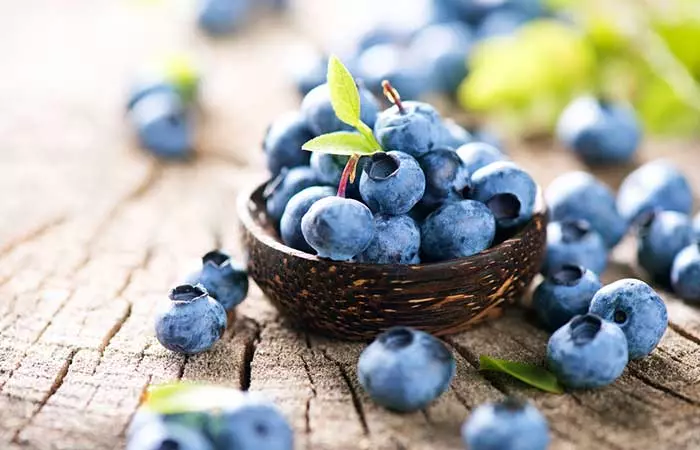
Just like all fruits and berries, blueberries are also rich in dietary fiber that can ease symptoms of constipation and make you poop (11), (9). Blueberries have a high water content that helps keep the digestive system hydrated. Adequate hydration is important for softening stool and preventing constipation (12).
Add blueberries to smoothies, yogurt, and oatmeal, or enjoy them fresh as a healthy snack. Ensure you avoid canned blueberries – – as these may be additionally sweetened and may contain lesser nutrients.
 Quick Tip
Quick Tip5. Brussels Sprouts
How do Brussels sprouts make you poop? Let us find out here. These mini cabbages are good sources of fiber, which makes your stool bulky and helps you poop – potentially assisting in reducing constipation in the process (14). They also have a high water content, important for softening stool and preventing constipation (12).
Roast Brussels sprouts with olive oil and garlic or shred them into a raw salad for added crunch.
If you aren’t used to consuming a lot of fiber, start small, otherwise the fiber in the sprouts may not break down in the small intestine – ultimately leading to gas.
6. Chia Seeds
Chia seeds are not only high in fiber but also contain healthy fats and help absorb water. They may help treat constipation. These contain insoluble fiber that forms a gel as it comes in contact with water. This gel adds bulk to your stool, thereby promoting regularity (15). You can take about 1.5 tablespoons (20 grams) of chia seeds every day. Soaking the seeds before consuming is ideal, to potentially assist with ease of digestion. You can mix chia seeds into yogurt, smoothies, or oatmeal, or make a chia pudding for a nutritious snack.
7. Grapes
Grapes are rich in fiber, and can help ease constipation (10). Consuming just 10 grapes offers you about 2.6 grams of fiber. This may potentially help with your regularity issues. Grapes also contain sorbitol, a sugar alcohol with a mild laxative effect. Sorbitol helps draw water into the intestines, softening the stool and promoting regular bowel movement (16), (17). You can enjoy grapes fresh, freeze them for a refreshing snack, or add them to salads for sweetness.
8. Grapefruit
Even without its pith, the fruit seems to have laxative properties that can help relieve constipation and make you poop.
Grapefruits contain about 2.3 grams of fiber per 154-gram serving (18). Adequate fiber consumption may help bulk up stool to promote regular bowel movements (9). Grapefruit also has a high water content, which may also help you manage dehydration, one of the causes of constipation (2). You can eat grapefruit halves as is or juice them for a refreshing drink.
But keep in mind that grapefruit juice might interfere with certain anticancer, anti-infective, heart, and gastrointestinal medications (19). Hence, if you are taking any other medication, do consult your doctor first.
9. Kombucha
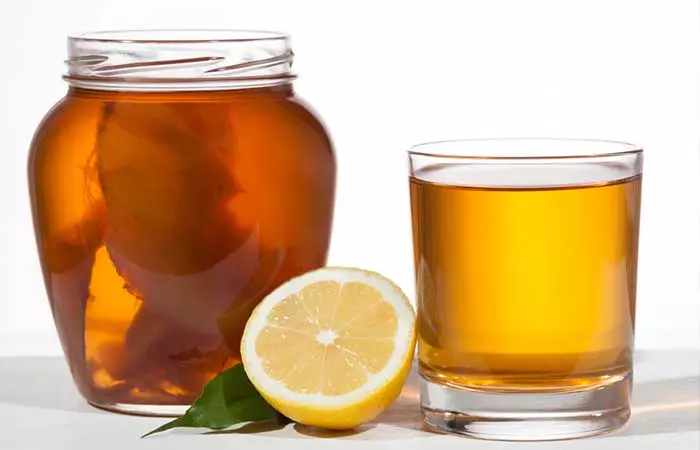
Kombucha is a variety of sweetened black or green tea drinks – and is commonly taken as a functional beverage. Fermented kombucha tea contains probiotics that may help restore a healthy balance of gut flora, essential for proper digestion and to relieve constipation (20). Like other liquids, kombucha also helps you stay hydrated, which is important for preventing constipation (12). You can simply sip kombucha as a probiotic-rich drink, or use it as a base for salad dressings.
10. Kiwis
One medium kiwi has about 2 grams of fiber, which is a combination of the soluble and insoluble forms. This fiber in the fruit can help relieve constipation (21). It is also rich in water, needed for softening stool and preventing constipation (12). Kiwi also contains an enzyme called actinidin that helps break down proteins and further improves digestion (21). You can slice kiwis for a tangy snack, blend them into smoothies, or mix them into fruit salads.
11. Lemon Water
Water is a natural lubricant that softens the stool. Lemon juice contains citric acid that stimulates the production of digestive juices, including bile, that may enhance digestion and promote regular bowel movements (22). The two may make a powerful remedy for constipation. You can drink warm lemon water before bedtime. This may assist in loosening fecal matter during sleep. You can also start your day with warm lemon water or add lemon juice or slices of the fruit to your daily water for flavor. Just make sure that you rinse your mouth out well with water before cleaning your teeth, as the acidity of the lemon may degrade the enamel on your teeth.
12. Mangoes
Just like any fruit, mangoes are rich in dietary fiber for constipation (23). But what could be more effective are the phytochemicalsi Natural compounds found in plant-based foodstuffs that impart color, flavor, and aroma to the food and also contribute to strengthening the immune system. in the mango pulp, which can enhance digestive health and help you poop. Phytochemicals are known to promote the health of gut microbiota, thereby promoting digestive health (24). Simply dice mangoes as a snack, blend them into smoothies, or use them to top salads or yogurt.
13. Oranges
One large juicy orange offers you about 4 grams of fiber for just 81 calories (25). It helps bulk up stool and promotes regular bowel movements (9). In addition, oranges (and citrus fruits in general) contain a flavonoli Compounds belonging to the flavonoid group containing anti-inflammatory properties which protect cells from oxidative damage and contributes to easing constipation. called naringenin, which, as per Chinese researchers, can work as a laxative and help you poop (26). Oranges also contain high water content that helps soften the stool to promote bowel movements (25), (12). You can snack on oranges, juice them for a fresh drink, or toss segments into salads for a citrusy boost.
14. Oatmeal
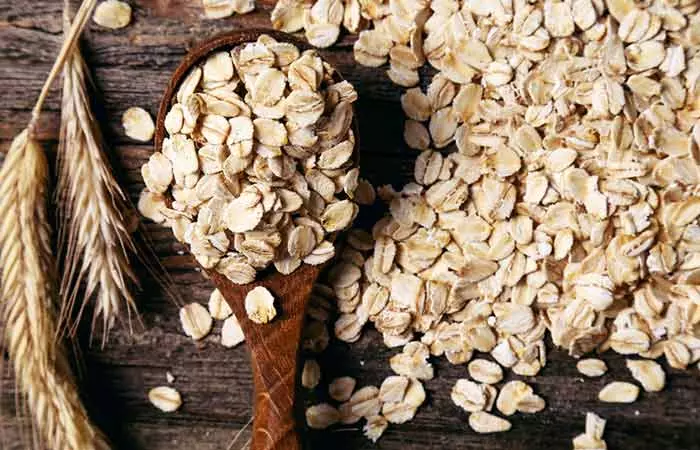
Oatmeal is one of those breakfast foods that make you poop. Oatmeal is packed with soluble fiber, particularly beta-glucan, that absorbs water and forms a gel-like substance in the intestines. This helps soften stool, making it easier to pass (27). 100 g of whole grain, rolled, old-fashioned oats contain 10.4 g of fiber (28). You can make oatmeal for breakfast or use it to bake energy bars or cookies.
15. Prunes
Prunes are often considered nature’s remedy for constipation due to two reasons. One, they are rich in insoluble fiber that may help with constipation by increasing stool bulk and easing its passage through the digestive system (29). And two, they also contain a natural laxative called sorbitol (30). You can snack on prunes as they are or chop them into oatmeal, baked goods, or salads.
16. Quinoa
It’s fiber, again. Quinoa contains twice as much fiber as most other grains. 1 cup (185 g) of cooked quinoa contains 5.18 g of fiber (31). This helps add bulk to the stool. Hence, it can make you poop and ease your constipation troubles. You can use quinoa as a base for bowls, salads, or side dishes paired with roasted vegetables.
17. Raisins
Do raisins make you poop? Yes, they do. Being dried fruits, raisins contain concentrated amounts of fiber – and this can treat constipation and lead to regular bowel movement. Raisins also contain sorbitol, a natural sugar alcohol that acts as a mild laxative (32), (17). You can add raisins to oatmeal, yogurt, or trail mix for a chewy, sweet treat.
18. Spinach
One cup of spinach contains 4.32 grams of fiber, and that’s a reason good enough for anyone to take it to ease constipation (33). More importantly, spinach also contains magnesium – a mineral that helps the colon contract and draws water in to flush things through (33), (34). You can use spinach in salads, blend it into smoothies, or sauté it as a side dish. If you do not have spinach in hand, kale is a similar leafy vegetable that may help to ease constipation.
19. Yogurt
Yogurt contains live bacteria, such as Lactobacillus and Bifidobacterium. These probiotics help maintain a healthy balance of gut microbiota (35). This may help improve digestion and promote regular bowel movements (36). You can enjoy yogurt by topping it with fruits and chia seeds or use it in dressings and dips for a creamy texture.
Though yogurt contains probiotics and can help ease constipation, some sources say it can, instead, cause the condition. Hence, talk to your doctor before using yogurt for this purpose.
20. Cabbage
Does cabbage make you poop too? No need to be shocked and confused. It is super rich in dietary fiber, with one cup of cabbage offering close to 2 grams (37). The fiber in this veggie may reduce constipation symptoms and ensure that your stool passes smoothly. You can shred cabbage for coleslaw, stir-fry it with spices, or add it to soups for extra bulk.
21. Coconut Water
Proper hydration is crucial for softening stool and promoting smooth bowel movements. This is where coconut water comes in handy. It is rich in electrolytes like potassium and magnesium and helps maintain hydration in the body (38). Therefore, coconut water may help regulate your bowel movements. Magnesium in coconut water also has a mild laxative effect, helping to relax intestinal muscles and encourage the movement of stool through the digestive tract (39). You can enjoy coconut water as a hydrating drink or use it as a base for smoothies.
22. Corn
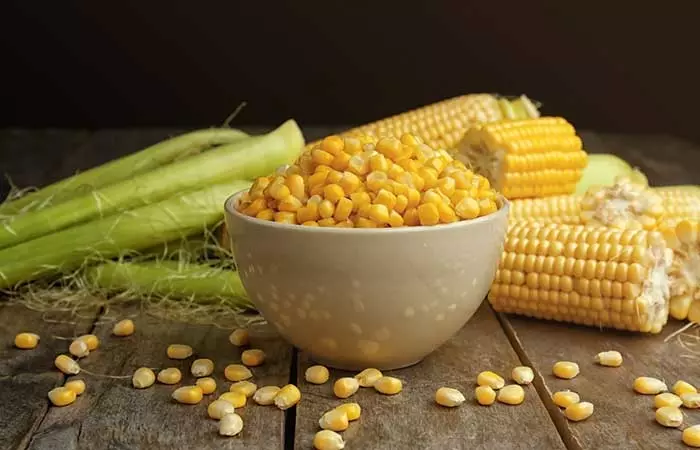
Corn is one superb source of insoluble fiber, the type of fiber your body cannot digest. This fiber acts like a scrub brush and sweeps your colon clean. This can make you poop. Thus, these are the foods to make you poop and relieve constipation (40). You can steam or grill corn as a side dish or mix it into salads, soups, or salsas.
23. Herbal Teas
Herbal teas can help you achieve a healthier digestive system. Herbs such as senna, ginger, dandelion, and peppermint possess laxative properties and help relieve constipation.
While senna stimulates bowel movements, ginger and peppermint help relax intestinal muscles, reduce spasms, and soothe the digestive tract, reducing abdominal discomfort (41), (42), (43). Dandelion tea acts as a mild diuretic and laxative, helping clear out excess fluid and waste (44). Herbal teas also contribute to overall hydration, essential for relieving constipation (12). You can sip on them 1-2 times a day.
Drinking a mix of these herbal teas not only provides relief from digestive ailments but also introduces a variety of flavors and aromas to your palate. Regular consumption of herbal teas can promote overall well-being. However, remember to consult a healthcare professional before introducing any new herbs into your diet if you are under medication.
The author of the health-conscious blog Healthy We discusses the profound impact of constipation on health, highlighting its mood, energy, and cognitive effects. They write that prolonged constipation can lead to serious health issues, including gastrointestinal disorders and colon cancer. After changing their lifestyle and food habits, the blogger notes, “It looks like a lot of things but you gotta to do what you gotta do! I can say that I feel much better, healthier, lighter and nicer in life. My brain is sharper, my energy levels are higher, my joint pains have vanished, stomach aches and bloating are a thing of the past and now there’s not a lazy bone in my body anymore (i)”.
Apart from adding the above-mentioned digestive health foods to your diet and staying hydrated, there are several other lifestyle tips you can follow to ease constipation. Learn about them in the next section.
Other Tips To Ease Constipation
Here are some other tips you can follow to keep constipation at bay:
- Try aerobic activities like walking and jogging to help stimulate bowel movements (45).
- Set aside time each day to sit on the toilet to establish a regular bowel pattern.
- Do not wait to go when you feel the urge, as delaying can worsen constipation (2).
- Reduce the intake of processed foods, especially those high in fat and low in fiber, to improve bowel function (2).
- Certain medications, like iron supplements and antacids, may also cause constipation (2). So, if you are on any medication, consult your doctor to check if you should avoid any of the foods listed above.
- Consult a healthcare provider if constipation persists or worsens to rule out the chances of conditions like diabetes, hypothyroidism, blockages in the rectum, etc (2).
- You should also do the same if you notice symptoms like blood in stool, constant pain in the abdomen, vomiting fever, or lower back pain (2).
Infographic: Lifestyle Changes To Ease Constipation
Constipation may become unmanageable at times. However, one can ease the condition with a few lifestyle changes, exercises, and yogasanas. The following infographic provides information about these small but effective changes. Check it out!
Some thing wrong with infographic shortcode. please verify shortcode syntax
Consuming foods that make you poop is an effective way to manage constipation. Apples, grapes, blueberries, Brussel sprouts, chia seeds, lemon water, oatmeal, spinach, yogurt, and corn are some foods that can ease constipation. Broccoli, lentils, almonds, avocado, watermelon, rhubarb, beets, artichokes, carrots, celery, cucumbers, papaya, tomatoes, ginger, turmeric, and cayenne pepper are some other foods that may ease constipation. These are high in fiber that is known for managing constipation. In addition, adequate hydration, moderate physical activity, and a balanced diet help manage constipation and promote overall health.
Frequently Asked Questions
Should I keep eating if I am constipated?
Elizabeth Quinn, Certified Nutrition Specialist, says, “You should continue to eat if you are constipated. When your body digests food, it stimulates contractions along your digestive tract that can help to move things out of the bowel. Make sure to eat high-fiber foods like beans, peas, and whole grains.”
How much fiber do I need to poop regularly?
For an average American, the RDA of fiber is 38 grams for men and 25 grams for women (between the ages of 19 and 50 years). Beyond that, it is 30 grams per day for men and 21 grams per day for women (46). Meeting the RDA of fiber may ensure better colon health.
What foods to consume for solid stools?
Bananas, applesauce, rice, and toast are some of the stool-firming foods.
Any natural laxative foods?
Most of the foods you saw above are potentially good natural laxatives. Some other natural laxative foods include flaxseeds and aloe vera.
Does protein make you poop?
Excess protein can cause constipation as more water is needed to digest the protein. Protein is key, but don’t take it in excess.
Does pooping make you lose weight?
A diet high in protein may result in constipation; this is potentially due to the possible lack of fibre in one’s diet as well as lack of water. Protein is essential for health, but in excess it may cause constipation. Hence, a whole food diet that includes plenty of fibrous vegetables is key.
Does applesauce make you poop?
Yes. Applesauce has a soluble fiber called pectin that helps with gut barrier function. This may help improve digestion and make you poop (47).
Illustration: Best Foods That Make You Poop And Relieve Constipation
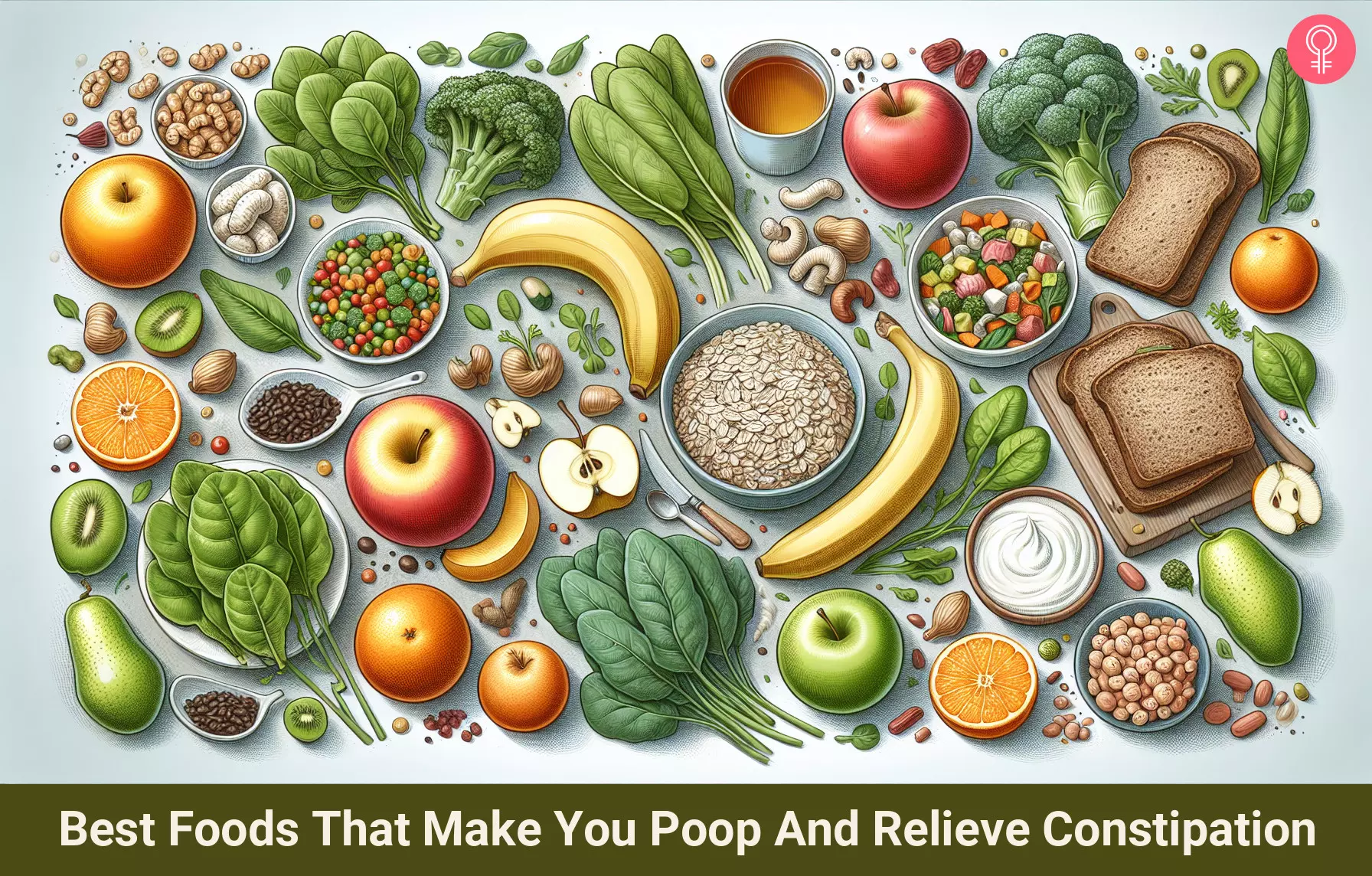
Image: Dall·E/StyleCraze Design Team
References
Articles on StyleCraze are backed by verified information from peer-reviewed and academic research papers, reputed organizations, research institutions, and medical associations to ensure accuracy and relevance. Read our editorial policy to learn more.
- “Epidemiology and management of chronic constipation in elderly patients” Clinical Interventions in Aging, US National Library of Medicine, National Institutes of Health.
https://www.ncbi.nlm.nih.gov/pmc/articles/PMC4459612/ - “Symptoms & Causes of Constipation” National Institutes of Health.
https://www.niddk.nih.gov/health-information/digestive-diseases/constipation/symptoms-causes - “Your Digestive System & How it Works” National Institutes of Health.
https://www.niddk.nih.gov/health-information/digestive-diseases/digestive-system-how-it-works - “Mechanism of action of dietary fibre in the human colon” Nature, US National Library of Medicine, National Institutes of Health.
https://www.ncbi.nlm.nih.gov/pubmed/7360261 - “Clinical benefits after soluble dietary fiber supplementation: a randomized clinical trial in adults with slow-transit constipation” Zhongua Yi Xue Za Zhi, US National Library of Medicine, National Institutes of Health.
https://www.ncbi.nlm.nih.gov/pubmed/25623312 - “Chemical stability of fructans in apple beverages and their influence on chronic constipation” US National Library of Medicine, National Institutes of Health.
https://pubmed.ncbi.nlm.nih.gov/32319465/ - “The Effect of Warm Water Intake on Bowel Movements in the Early Postoperative Stage of Patients Having Undergone Laparoscopic Cholecystectomy: A Randomized Controlled Trial” Gastroenterology Nursing, US National Library of Medicine, National Institutes of Health.
https://pubmed.ncbi.nlm.nih.gov/27684632/ - “Apricot, with skin, raw” United States Department of Agriculture.
https://fdc.nal.usda.gov/food-details/2710815/nutrients - “Health Benefits of Dietary Fiber for the Management of Inflammatory Bowel Disease” US National Library of Medicine, National Institutes of Health.
https://pmc.ncbi.nlm.nih.gov/articles/PMC9220141/ - “Diets for Constipation” Pediatric Gastroenterology Hepatology & Nutrition, US National Library of Medicine, National Institutes of Health.
https://www.ncbi.nlm.nih.gov/pmc/articles/PMC4291444/ - “Blueberries, raw” United States Department of Agriculture.
https://fdc.nal.usda.gov/food-details/171711/nutrients - “Constipation” US National Library of Medicine, National Institutes of Health.
https://www.ncbi.nlm.nih.gov/books/NBK513291/ - “Specific foods can reduce symptoms of irritable bowel syndrome and functional constipation: a review” US National Library of Medicine, National Institutes of Health.
https://pmc.ncbi.nlm.nih.gov/articles/PMC6505279/ - “Brussels sprouts, raw” United States Department of Agriculture.
https://fdc.nal.usda.gov/food-details/2685575/nutrients - “Health-promoting approaches of the use of chia seeds” Journal of Functional Foods.
https://www.sciencedirect.com/science/article/pii/S1756464623000804 - “Shading Treatment Reduces Grape Sugar Content by Suppressing Photosynthesis-Antenna Protein Pathway Gene Expression in Grape Berries” US National Library of Medicine, National Institutes of Health.
https://pmc.ncbi.nlm.nih.gov/articles/PMC11084848/ - “Laxatives” US National Library of Medicine, National Institutes of Health.
https://www.ncbi.nlm.nih.gov/books/NBK537246/ - “Grapefruit, raw, pink and red, all areas” USDA National Nutrient Database.
https://fdc.nal.usda.gov/fdc-app.html#/food-details/174673/nutrients - “Grapefruit–medication interactions: Forbidden fruit or avoidable consequences?” US National Library of Medicine, National Institutes of Health.
https://pmc.ncbi.nlm.nih.gov/articles/PMC3589309/ - “Fermented foods” University of Michigan.
https://www.med.umich.edu/pfans/_pdf/hetm-2017/0717-fermentedfoods.pdf - “The nutritional and health attributes of kiwifruit: a review” US National Library of Medicine, National Institutes of Health.
https://pmc.ncbi.nlm.nih.gov/articles/PMC6267416/ - “Lemon Juice Formulations Modulate In Vitro Digestive Recovery of Spinach Phytochemicals” US National Library of Medicine, National Institutes of Health.
https://pmc.ncbi.nlm.nih.gov/articles/PMC9590261/ - “Mango, Ataulfo, peeled, raw” United States Department of Agriculture.
https://fdc.nal.usda.gov/food-details/2710834/nutrients - “Phytochemicals as antibiotic alternatives to promote growth and enhance host health” Veterinary Research, US National Library of Medicine, National Institutes of Health.
https://www.ncbi.nlm.nih.gov/pmc/articles/PMC6066919/#Sec9title - “Oranges, raw, all commercial varieties” USDA National Nutrient Database.
https://fdc.nal.usda.gov/fdc-app.html#/food-details/169097/nutrients - “Naringenin induces laxative effects by upregulating the expression levels of c-Kit and SCF, as well as those of aquaporin 3 in mice with loperamide-induced constipation” International Journal of Molecular Medicine, US National Library of Medicine, National Institutes of Health.
https://www.ncbi.nlm.nih.gov/pubmed/29207043 - “Dietary fiber and satiety: the effects of oats on satiety” US National Library of Medicine, National Institutes of Health.
https://pmc.ncbi.nlm.nih.gov/articles/PMC4757923/ - “Oats, whole grain, rolled, old fashioned” United States Department of Agriculture.
https://fdc.nal.usda.gov/food-details/2346396/nutrients - “Effect of dietary fiber on constipation: A meta analysis” US National Library of Medicine, National Institutes of Health.
https://pmc.ncbi.nlm.nih.gov/articles/PMC3544045/ - “Chemical composition and potential health effects of prunes: a functional food?” US National Library of Medicine, National Institutes of Health.
https://pubmed.ncbi.nlm.nih.gov/11401245/ - “Quinoa, cooked” United States Department of Agriculture.
https://fdc.nal.usda.gov/food-details/168917/nutrients - “Is Eating Raisins Healthy?” US National Library of Medicine, National Institutes of Health.
https://pmc.ncbi.nlm.nih.gov/articles/PMC7019280/ - “Spinach, cooked, boiled, drained, with salt” United States Department of Agriculture.
https://fdc.nal.usda.gov/food-details/170531/nutrients - “Magnesium Oxide in Constipation” US National Library of Medicine, National Institutes of Health.
https://pmc.ncbi.nlm.nih.gov/articles/PMC7911806/ - “Yoghurt consumption is associated with changes in the composition of the human gut microbiome and metabolome” US National Library of Medicine, National Institutes of Health.
https://pmc.ncbi.nlm.nih.gov/articles/PMC8812230/ - “Elucidating the role of diet in maintaining gut health to reduce the risk of obesity, cardiovascular and other age-related inflammatory diseases: recent challenges and future recommendations” US National Library of Medicine, National Institutes of Health.
https://pmc.ncbi.nlm.nih.gov/articles/PMC10773664/ - Cabbage, cooked, boiled, drained, without salt” USDA National Nutrient Database.
https://fdc.nal.usda.gov/fdc-app.html#/food-details/169976/nutrients - “Coconut Water: A Sports Drink Alternative?” US National Library of Medicine, National Institutes of Health.
https://pmc.ncbi.nlm.nih.gov/articles/PMC10534364/ - “Effect of chronic administration of magnesium supplement (magnesium glycinate) on male albino wistar rats’ intestinal (Ileum) motility, body weight changes, food and water intake” US National Library of Medicine, National Institutes of Health.
https://pmc.ncbi.nlm.nih.gov/articles/PMC10448020/ - “Improvement of the functional properties of insoluble dietary fiber from corn bran by ultrasonic-microwave synergistic modification” US National Library of Medicine, National Institutes of Health.
https://pmc.ncbi.nlm.nih.gov/articles/PMC10906511/ - “Efficacy and safety of laxatives for chronic constipation in long-term care settings: A systematic review” Journal of Clinical Pharmacy and Therapeutics.
https://onlinelibrary.wiley.com/doi/full/10.1111/jcpt.12721 - nger in gastrointestinal disorders: A systematic review of clinical trials” US National Library of Medicine, National Institutes of Health.
https://pmc.ncbi.nlm.nih.gov/articles/PMC6341159/ - “The impact of peppermint oil on the irritable bowel syndrome: a meta-analysis of the pooled clinical data” US National Library of Medicine, National Institutes of Health.
https://pmc.ncbi.nlm.nih.gov/articles/PMC6337770/ - “Dandelion Root Extract Induces Intracellular Ca2+ Increases in HEK293 Cells” US National Library of Medicine, National Institutes of Health.
https://pmc.ncbi.nlm.nih.gov/articles/PMC5979456/ - “Aerobic exercise improves gastrointestinal motility in psychiatric inpatients” US National Library of Medicine, National Institutes of Health.
https://pmc.ncbi.nlm.nih.gov/articles/PMC4130869/ - “Closing America’s Fiber Intake Gap” American Journal of Lifestyle Medicine, US National Library of Medicine, National Institutes of Health.
https://www.ncbi.nlm.nih.gov/pmc/articles/PMC6124841/ - “Apple-Derived Pectin Modulates Gut Microbiota, Improves Gut Barrier Function, and Attenuates Metabolic Endotoxemia in Rats with Diet-Induced Obesity” Nutrients, US National Library of Medicine, National Institutes of Health.
https://pubmed.ncbi.nlm.nih.gov/26938554/
Read full bio of Kelly McKenzie
- Elizabeth Quinn, MS, CNS, FMCHC, is a Certified Nutrition Specialist trained in functional nutrition. She is also a Functional Medicine Certified Health Coach and helps her clients discover personalized eating plans that are right for them.
 Elizabeth Quinn, MS, CNS, FMCHC, is a Certified Nutrition Specialist trained in functional nutrition. She is also a Functional Medicine Certified Health Coach and helps her clients discover personalized eating plans that are right for them.
Elizabeth Quinn, MS, CNS, FMCHC, is a Certified Nutrition Specialist trained in functional nutrition. She is also a Functional Medicine Certified Health Coach and helps her clients discover personalized eating plans that are right for them. - Blanca Garcia, RDN, has 8 years of experience as a nutrition specialist. She graduated from California State University of Los Angeles in 2011 and interned at the University of Puerto Rico Medical Science Campus in 2012. She services clients in both English and Spanish.
 Blanca Garcia, RDN, has 8 years of experience as a nutrition specialist. She graduated from California State University of Los Angeles in 2011 and interned at the University of Puerto Rico Medical Science Campus in 2012. She services clients in both English and Spanish.
Blanca Garcia, RDN, has 8 years of experience as a nutrition specialist. She graduated from California State University of Los Angeles in 2011 and interned at the University of Puerto Rico Medical Science Campus in 2012. She services clients in both English and Spanish.
Read full bio of Ravi Teja Tadimalla
Read full bio of Arshiya Syeda
Read full bio of Sindhu Koganti






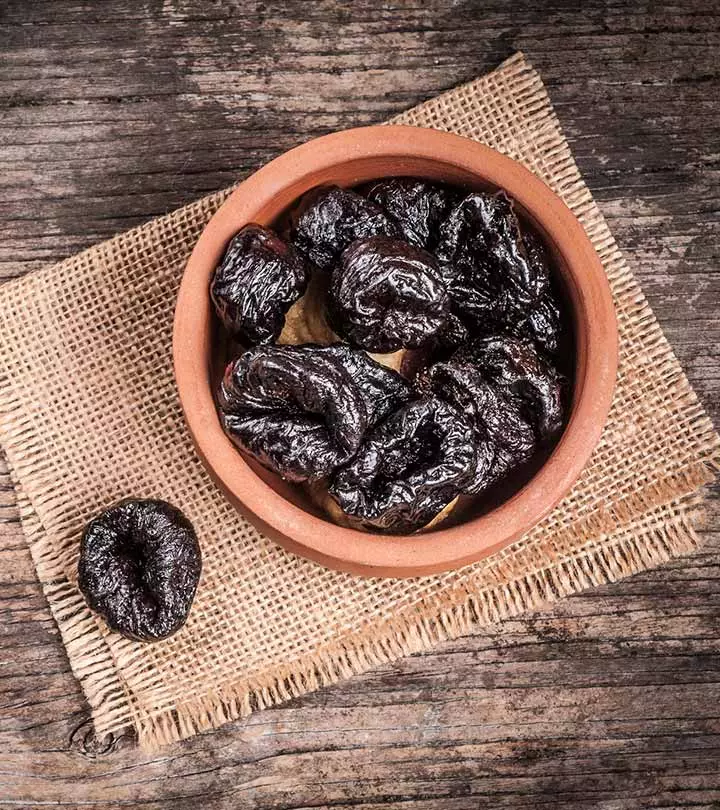



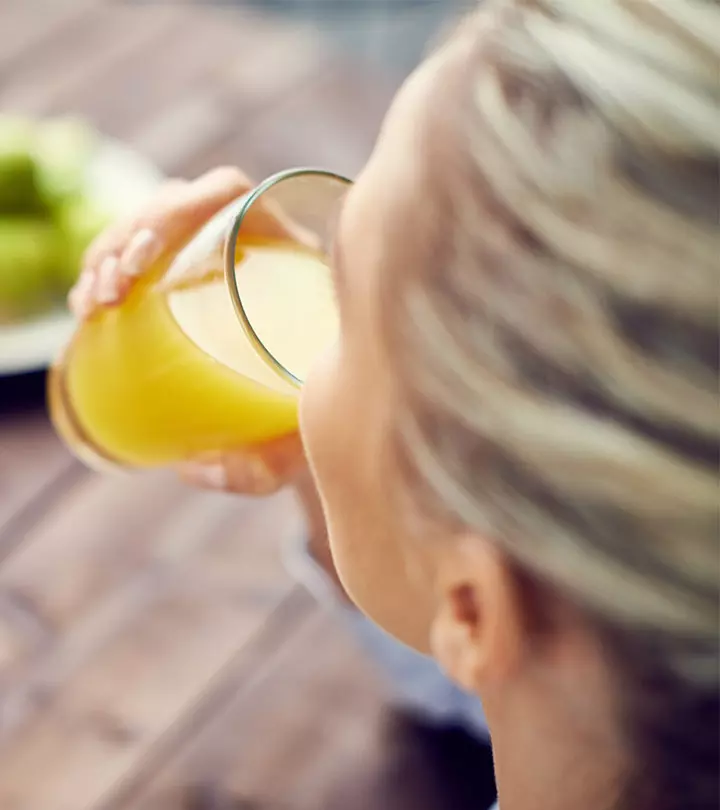
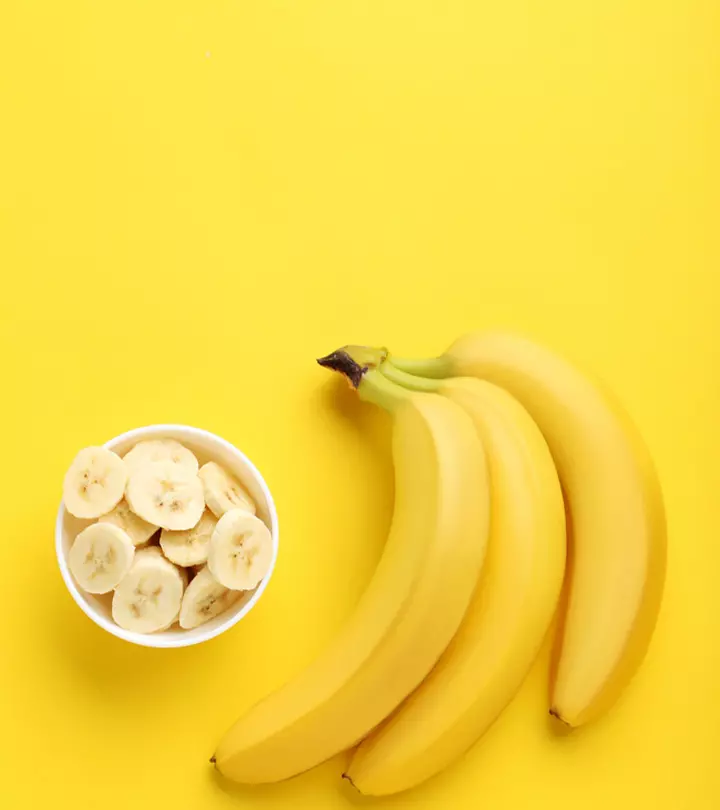
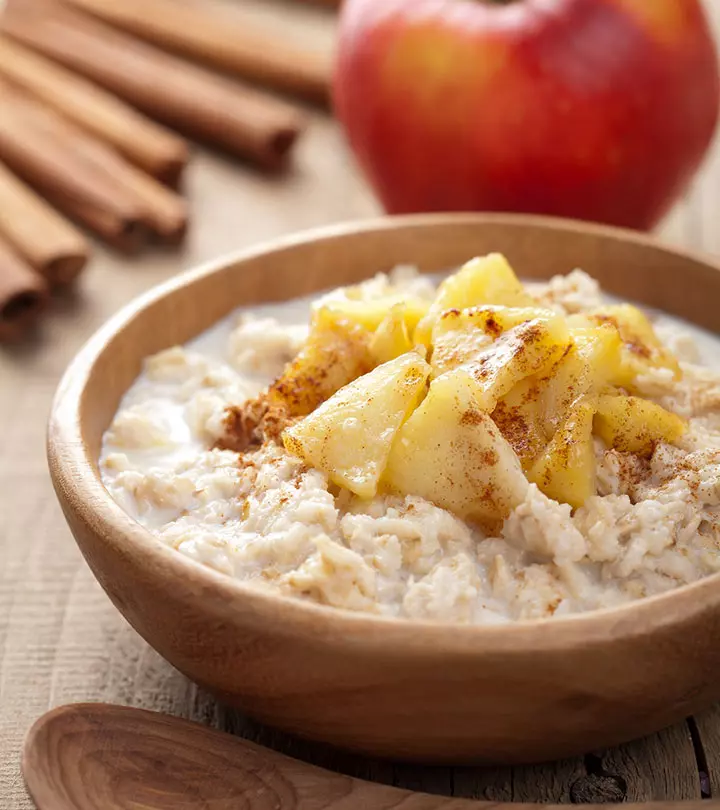

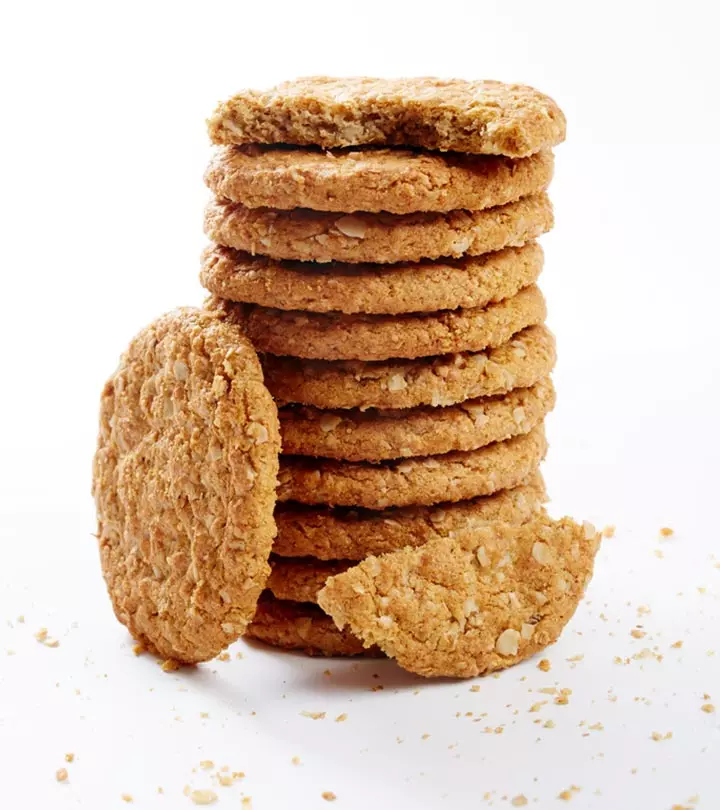

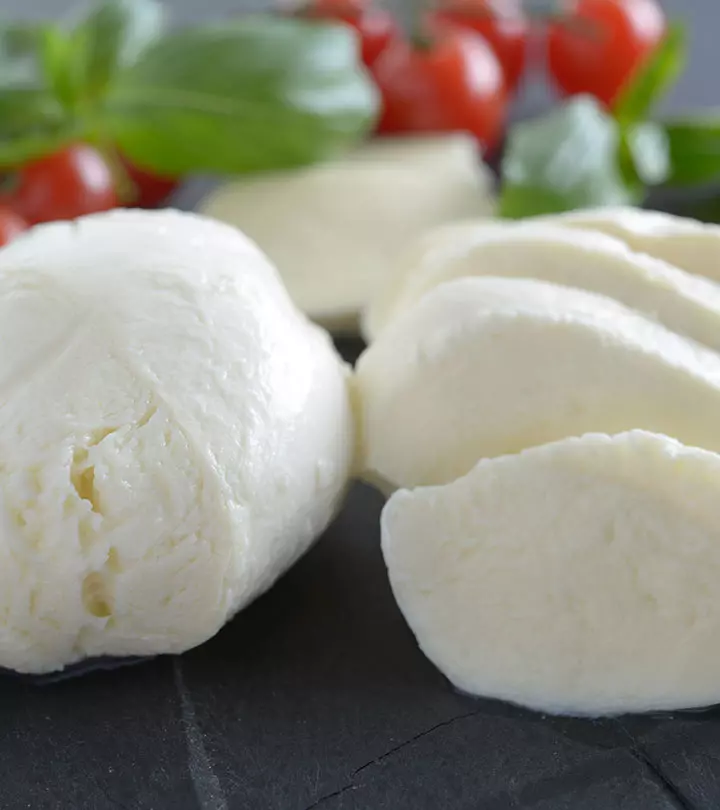
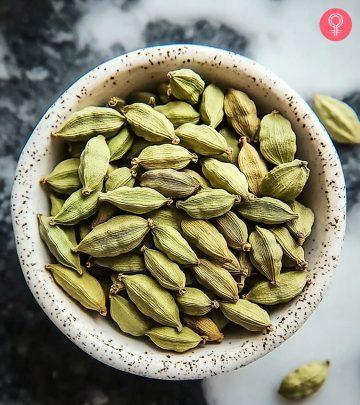
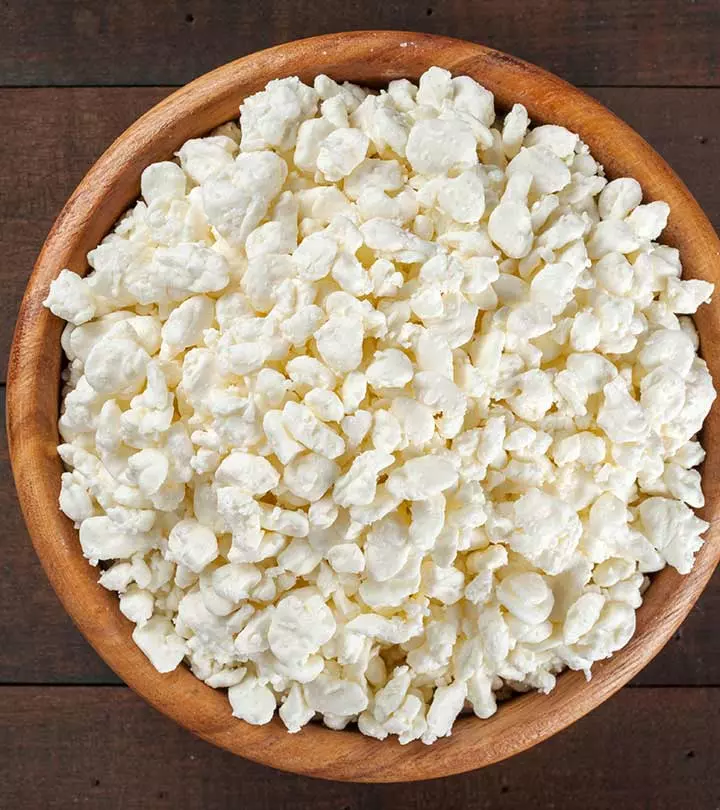
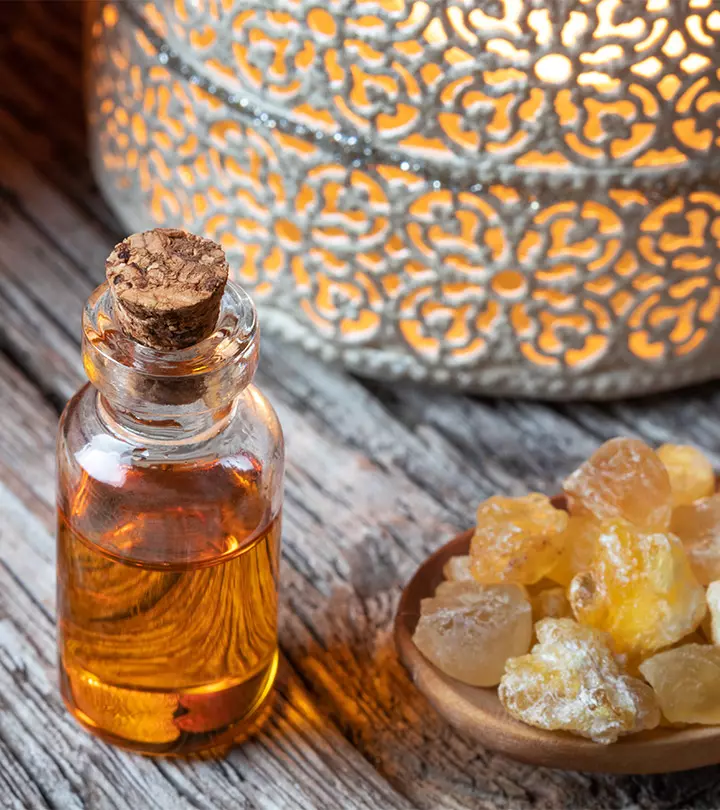
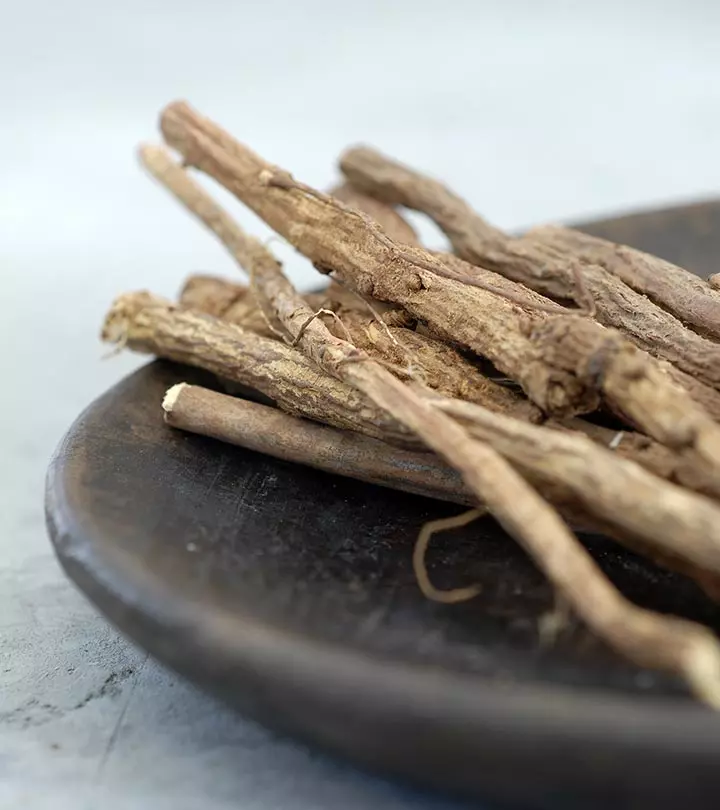
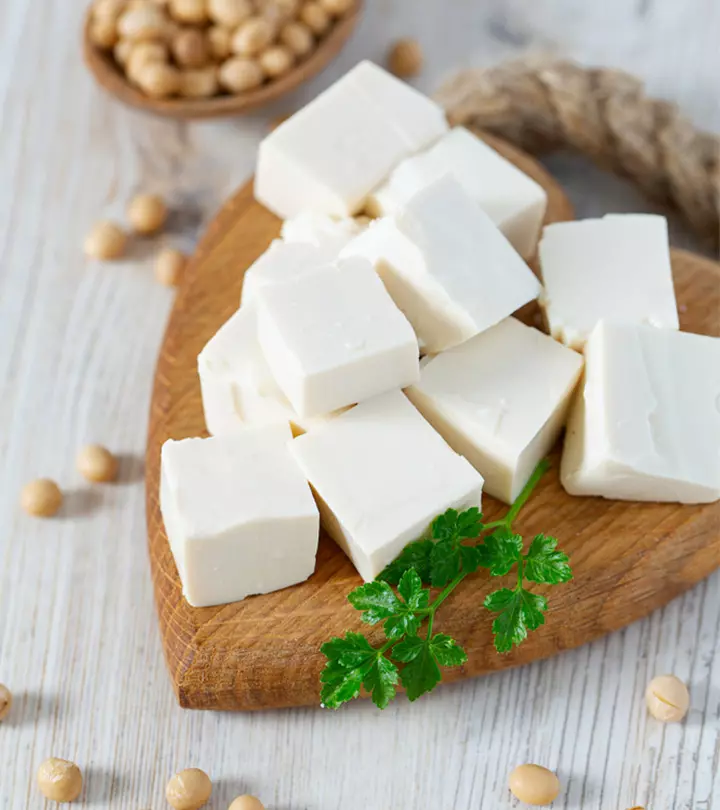
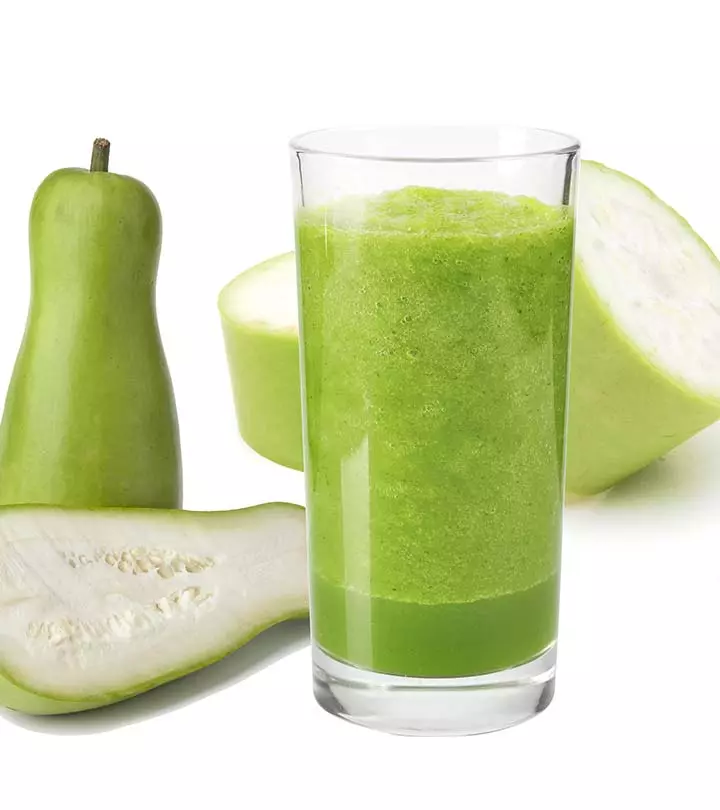
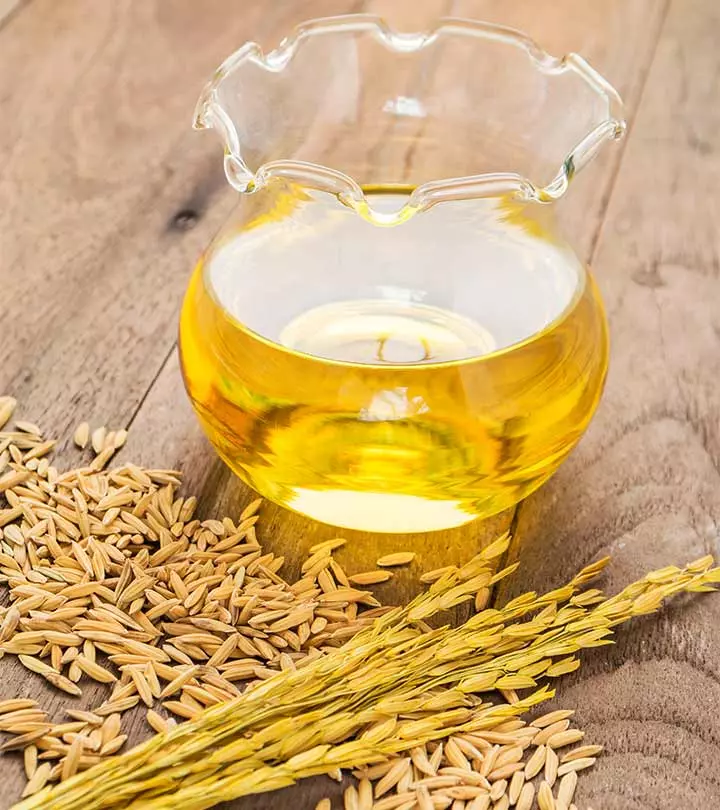
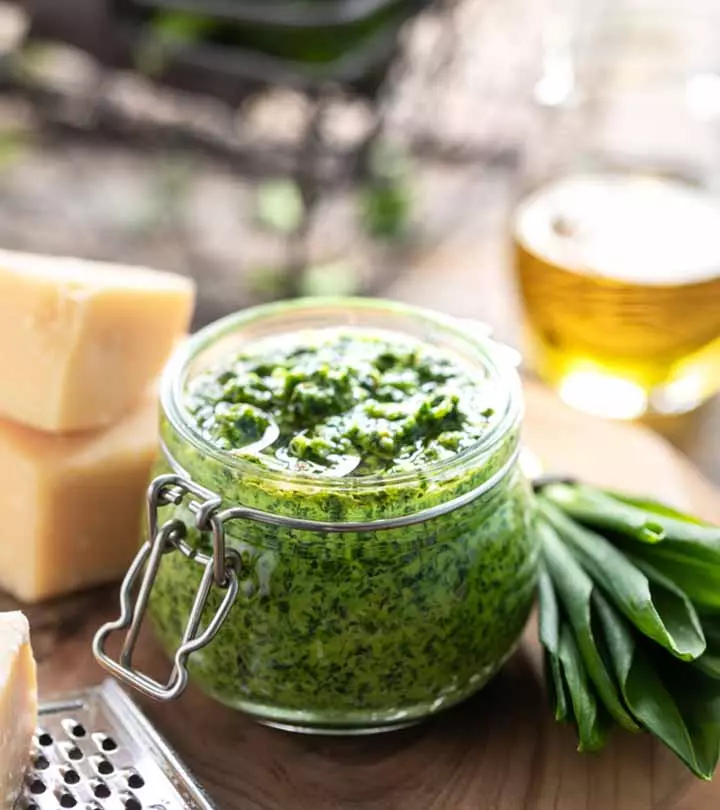
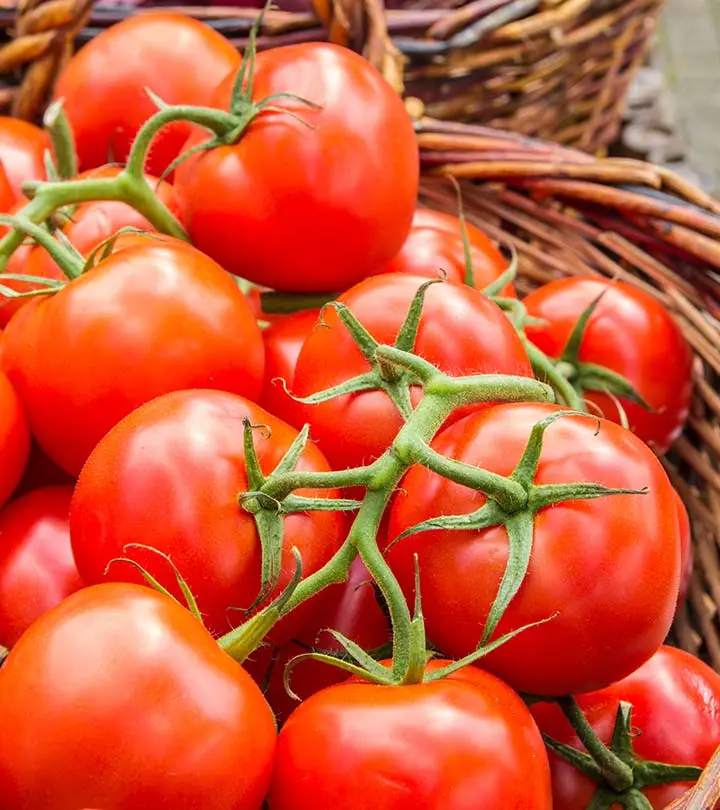
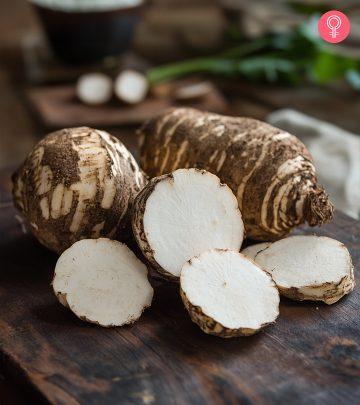
Community Experiences
Join the conversation and become a part of our empowering community! Share your stories, experiences, and insights to connect with other beauty, lifestyle, and health enthusiasts.